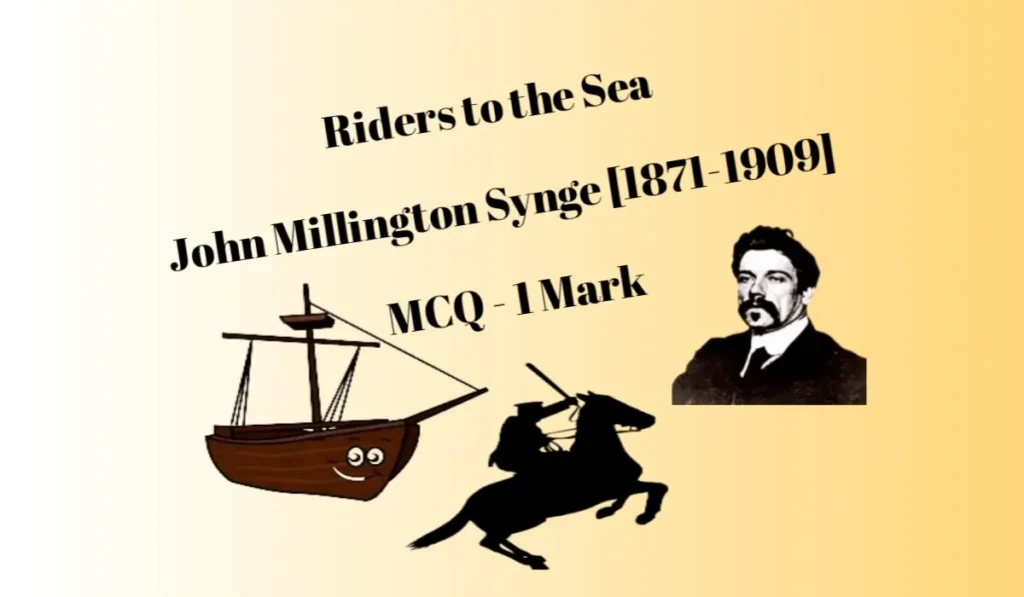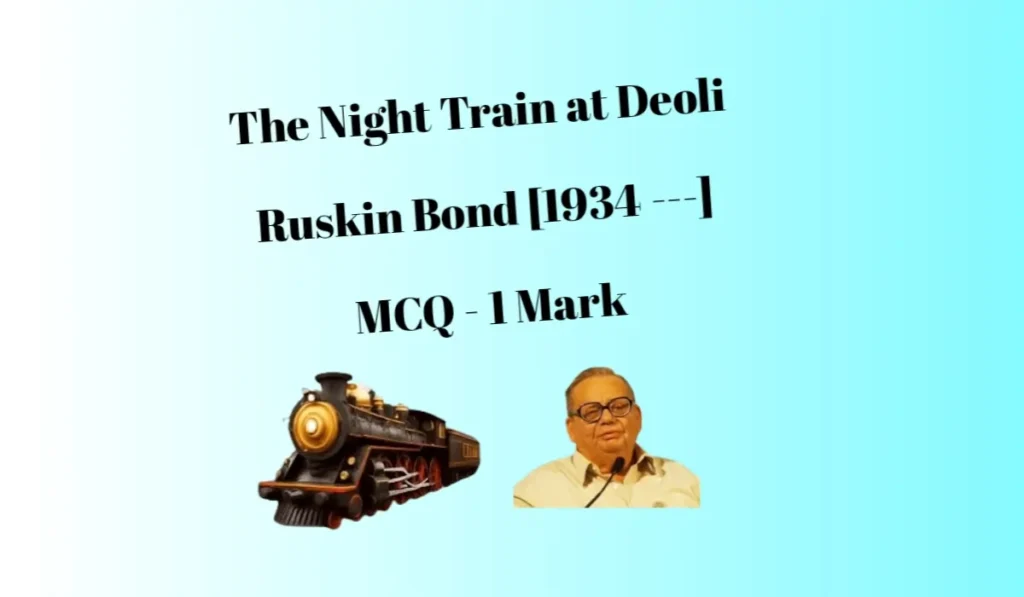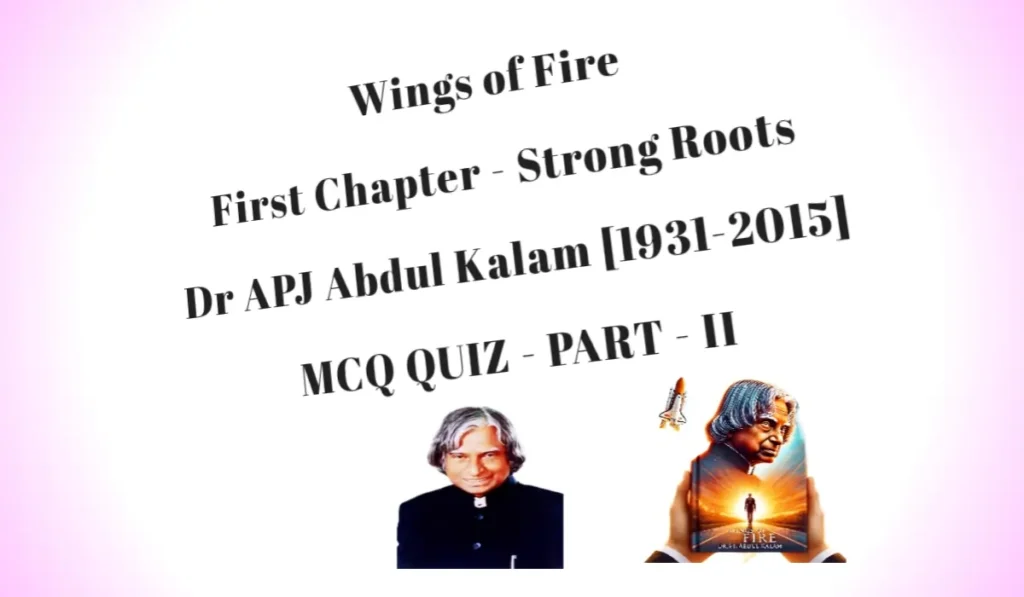Short-story : The Fly : Katherine Mansfield
Question : Essay-type
Highlight the psychological elements in Katherine Mansfield’s ‘The Fly’.
Introduction
In Katherine Mansfield’s stories plot is less important. She takes some small incidents of everyday life and remarks it in a space of a few pages. Very little actually happens in the stories of Chekhov from whom she learnt so much. She delights in making her characters, shows their thoughts by a kind of mental soliloquy. The story ‘The Fly’ is a remarkable story in this respect.
Psychological Elements In The Story
Katherine Mansfield’s story ‘The Fly’ has been described as one of the fifteen finest short-stories ever written. The strength of this story is never in its action. As distinct from psychological action, there is what we may call psychological action. What we have here is not straight forward third person narration. In the second part of the story or in the Fly Episode the author places herself as it were inside the Boss’s mind. Though the narration is in third person, we are confronted with these thoughts.
The Boss : The Protagonist
The Boss, the protagonist is a very heart-broken man. His only son died in the war. The sorrow of his heart rankles, but he keeps in check by his work in the office, by his social occupation and meant of good wine. But when Mr. Woodifield refers to the grave of his son in Belgium, his latent sorrow comes to the surface and torments him—
“It was exactly as though the earth had opened and he had seen the boy lying there with Woodifield’s girls staring down at him.”
Fly Episode : Boss’s Helplessness
The Fly Episode illustrates the Boss’s sense of helplessness with his heart-rending sorrow. The fly falls in the ink pot. He picks the fly from the ink pot and puts it on the blotting paper. The fly throws off the ink from its wings and gets ready to fly. The Boss again throws ink on it and it again tries to stand on its legs. The Boss is full of praise for its stamina and courage, but it cannot survive the last drop. It dies of exhaustion—
“———-the draggled fly lay in it and did not stir.”
The Boss feels the utter futility of human stamina and effort. He tried to smoother his sorrow by his work and diversions. But the sorrow of the past is not dead. It comes out and torments him. Like the fly, he has thoughts against the odds, but he is afraid that he will not survive the shocks that come repeatedly on him.
The Story : A Deep Psychological Study
We find that the story is remarkable for its deep psychological study. The conversation between Mr. Woodifield and the Boss at the beginning of the story throws light on the mental state of the Boss. If we want to understand the effect of ‘Fly Episode’, we should re-read the early part of the story. The Boss talks on new carpet and new furniture and his silence about his son’s photograph suggests his mental agitation. The remark about the grave of his son disturbs his mental balance. Then the ‘Fly Episode’ is introduced symbolically represents his state of mind. Throughout the story, we find that underneath the jovial exterior of the Boss runs the current of his deep sorrow. The writer thus unravels the mental balance and wretchedness of the Boss.
Conclusion
The success of the story depends on how we interpret the significance of the central experience. We can easily detect the significant nucleus. The story offers us clues which guide our interpretation of the nucleus itself. The nucleus in the ‘Fly Episode’ emphasizes the psychological elements of the story.








